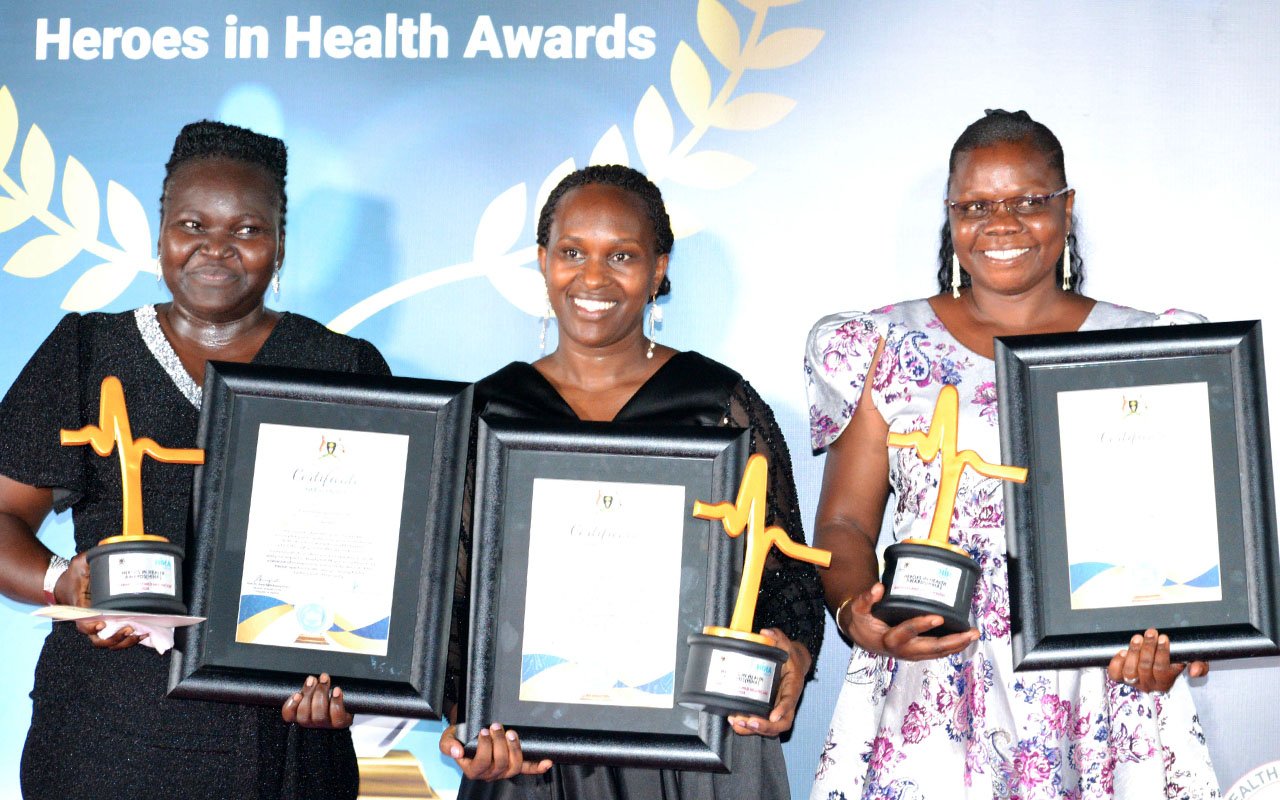Prime
UN report finds violations of South Sudan arms embargo

In this file photo, South Sudanese soldiers accused of gang-raping five foreigners, murdering a local journalist and looting a hotel, are led to their prison van after attending a hearing of their trial in the capital Juba, South Sudan. COURTESY PHOTO
What you need to know:
- The panel said it was too early to assess the full impact of the embargo, which seeks to cut off the flow of weapons after nearly five years of brutal war in South Sudan.
- The report said "a number of violations have been noted by the panel," which is also investigating foreign private security firms providing training in Juba to the national police and the army.
- The experts noted that Sudan had deployed troops to protect oil fields in Unity State, while Uganda sent forces to South Sudan, notably in Central and Eastern Equatoria states.
- The arms embargo bans military assistance as well as training.
A UN panel of experts has found violations of the arms embargo imposed on South Sudan, reporting to the Security Council that there are "alarming levels" of sexual violence, hunger and human rights abuses in the war-scarred country.
The panel's 29-page report seen by AFP on Monday was the first to be released since the arms embargo was narrowly adopted by the Security Council in July, under strong pressure from the United States.
The panel said it was too early to assess the full impact of the embargo, which seeks to cut off the flow of weapons after nearly five years of brutal war in South Sudan.
The report said "a number of violations have been noted by the panel," which is also investigating foreign private security firms providing training in Juba to the national police and the army.
The experts noted that Sudan had deployed troops to protect oil fields in Unity State, while Uganda sent forces to South Sudan, notably in Central and Eastern Equatoria states.
The arms embargo bans military assistance as well as training.
The panel is investigating "other allegations of transport of weapons into South Sudan, in violation of the arms embargo," the report added, without giving details.
South Sudan descended into war in late 2013, when President Salva Kiir accused his former vice president Riek Machar of plotting a coup.
A US-funded study released in September put the death toll from the war to at least 382,9000, far higher than previous estimates and more than in the conflict in Syria.
Alarming violence
Despite a peace deal signed in September, the UN experts said they observed "alarming levels of sexual and gender-based violence, food insecurity and grave human rights abuses, including against children."
The deal led to Machar's return to Juba nearly two weeks ago to serve as vice president, among a series of measures aimed at ending the war.
The panel described the latest agreement as "a significant moment in efforts to bring an end to the conflict in South Sudan," noting that the leaders of Uganda and Sudan had stepped up their involvement in a regional peace push led by Ethiopia.
The experts cautioned that there were "serious challenges" to the deal, pointing to the myriad of armed groups apparently ignoring commitments from their leaders.
Part of the report focused on the use of sales of teak timber in the Central and Western Equatoria states to finance rebel groups, generating about $10-11 million per year.
"Competition for South Sudan's natural resources is still central to the conflict dynamic at both the local and national level," said the report.
In a deal reached with Sudan in June to revive oil production, South Sudan agreed to provide 28,000 barrels of crude oil per day to Khartoum to pay off $1.3 billion in debt accrued under a 2012 oil revenue sharing deal, the panel said.
The interim report by the panel tasked with monitoring sanctions covered the two-month period of September and October and included travel to France, Kenya, South Sudan, Uganda and the United States.
The Security Council is scheduled to discuss South Sudan on Friday.




